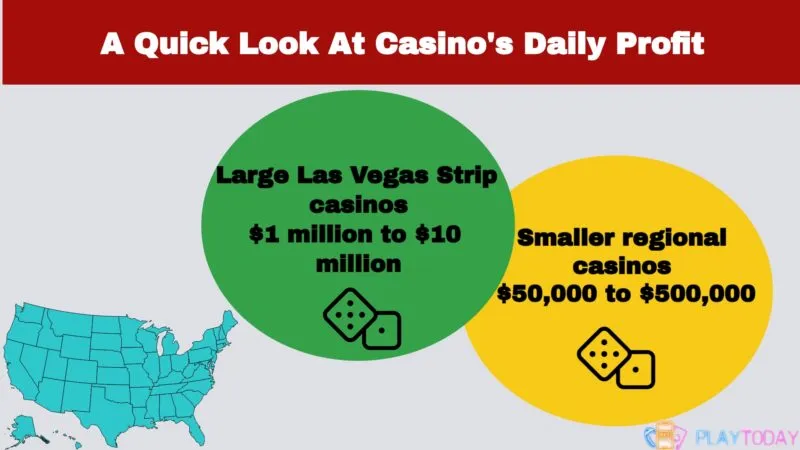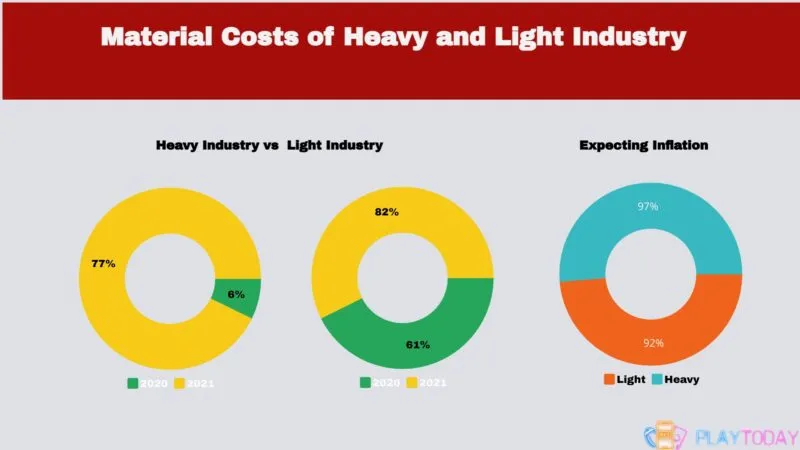
How much does it cost to own a land-based casino?
Have you ever dreamed of owning your own luxurious and glamorous casino, with bright lights, buzzing slot machines and high stakes table games? It may seem like a fantasy reserved only for the ultra-rich, but in reality, owning a land-based casino is a lucrative business that many entrepreneurs aspire to. However, as with any business venture, it’s important to have a clear understanding of the costs involved before diving into it head first.
In this article, we will explore the breakdown of costs associated with owning a land-based casino, from the initial investment required to the ongoing expenses to keep the business running smoothly. We will also take a closer look at the different factors that can affect these costs, such as location, size, and type of casino. By the end of this article, you will have a comprehensive understanding of what it takes to own and operate a brick and mortar casino.

Initial Investment
The initial investment is the amount of money required to set up a land-based casino. This includes the cost of purchasing or leasing a property, renovation and construction costs, equipment and furniture, and obtaining necessary licenses and permits. Let’s break down each of these elements in more detail.
Property
The location of your casino plays a crucial role in its success. A prime location can attract more foot traffic and bring in higher revenues, but it comes at a premium price. On average, a land-based casino will require anywhere between $50 million to $1 billion to purchase or lease a property in a desirable location. The cost will vary depending on the city and state, as well as the size and condition of the property.
For example, Las Vegas, known as the gambling capital of the world, has some of the most expensive real estate prices for casinos. The Bellagio, one of the most iconic casinos on the Las Vegas strip, cost a whopping $1.6 billion to build, and the land it sits on is estimated to be worth around $600 million.
However, if you are looking to open a smaller casino in a less popular location, you may be able to find a property for a much lower price. But keep in mind that a less desirable location may also result in lower revenues.
Renovation and Construction
Once you have secured a property, the next step is to transform it into a glamorous and functional casino. This process will involve renovations and construction work to create different areas such as the gaming floor, restaurants, bars, and entertainment venues.
The cost of renovation and construction can vary greatly depending on the size of the casino and the scope of the project. On average, it can cost anywhere between $50 million to $100 million to renovate and outfit a mid-sized casino. However, if you plan on building a larger and more lavish casino, the cost can easily exceed $500 million.
It’s important to note that these costs may also include the installation of security measures such as surveillance systems, as well as compliance with fire and safety codes.
Equipment and Furniture
A land-based casino requires a vast array of equipment and furniture to operate smoothly. This includes slot machines, gaming tables, chairs, cash registers, and other necessary items. These costs can add up quickly, with the price of a single slot machine ranging from $5,000 to $20,000, and larger table games costing upwards of $100,000.
Additionally, casinos also need to invest in high-quality furniture for their restaurants, bars, and entertainment venues. The cost of furnishing these areas can easily reach hundreds of thousands of dollars, depending on the style and quality of the furniture chosen.
Licenses and Permits
One of the most important aspects of opening a land-based casino is obtaining the necessary licenses and permits. These include a gaming license, liquor license, building permits, and more. The cost of these licenses and permits can vary greatly depending on the location of your casino and the type of games you plan to offer.
For example, in Nevada, the gaming license fee for a casino is $500,000, while in New Jersey, it’s $100,000. Additionally, you may also need to pay annual fees to maintain these licenses, which can range from a few thousand dollars to hundreds of thousands of dollars.
Ongoing Expenses

Once you have successfully opened your casino, there are several ongoing expenses that you need to consider to keep your business running smoothly. These include employee salaries, utilities, maintenance costs, and marketing expenses.
Employee Salaries
A land-based casino requires a significant number of employees to operate efficiently. This includes dealers, cashiers, security personnel, customer service staff, and more. The average salary for a casino dealer is around $30,000 per year, while management positions can earn anywhere between $50,000 to $100,000 annually. Keep in mind that these numbers may vary depending on the location and size of your casino.
Additionally, casinos also need to provide benefits such as health insurance, retirement plans, and paid time off to their employees, which can significantly add to their overall labor costs.
Utilities
Running a casino also comes with high utility costs. This includes electricity, water, gas, and other necessary services. On average, a mid-sized casino can spend anywhere between $50,000 to $100,000 per month on utilities alone.
To reduce these costs, many casinos invest in energy-efficient equipment and lighting systems, as well as implement sustainable practices to lower their carbon footprint.
Maintenance Costs
As with any commercial property, maintenance costs are an ongoing expense for casinos. This includes regular cleaning and upkeep of the gaming floor, restaurants, and other areas, as well as repairs and replacements for any damaged equipment or furniture. These costs can easily add up, with some estimates suggesting that casinos spend up to 10% of their yearly revenue on maintenance.
Marketing Expenses
Marketing plays a crucial role in the success of any business, and casinos are no exception. In order to attract and retain customers, casinos need to invest in marketing strategies such as advertising, promotions, and loyalty programs. The cost of these marketing efforts can vary depending on the size and scope, but on average, casinos can spend anywhere between $500,000 to $1 million per year on marketing expenses.
Factors That Affect Costs

The costs associated with owning a land-based casino can vary greatly depending on several factors. Here are some of the most significant factors that can affect the overall cost of running a casino.
Location
As mentioned earlier, the location of your casino will have a significant impact on its costs. A prime location in a popular city like Las Vegas or Macau will demand higher property prices, construction costs, and labor costs. However, it also has the potential to bring in higher revenues.
On the other hand, opening a casino in a smaller and less popular location may result in lower costs, but it may also limit your customer base and potential profits.
Size
The size of your casino will also play a crucial role in its costs. A larger casino with more gaming options, restaurants, and entertainment venues will require a higher initial investment and ongoing expenses. However, it also has the potential to bring in higher revenues.
Opening a smaller casino may require a lower initial investment, but it may also limit your potential profits.
Type of Casino
There are different types of casinos, such as full-service resort casinos, boutique casinos, and slot parlors. The type of casino you choose to open will also have a significant impact on its costs. A full-service resort casino will require a higher initial investment and ongoing expenses, as it offers a wide range of amenities and services. On the other hand, a slot parlor may have lower costs, as it only offers slot machines and minimal food and beverage options.
Market Conditions
The state of the market can also affect the costs of owning a land-based casino. For example, during an economic recession, consumers may have less disposable income to spend at casinos, resulting in lower revenues. Additionally, if there is an oversaturation of casinos in a particular area, it can lead to increased competition and lower profits.
Conclusion
In conclusion, owning a land-based casino is a significant investment that requires careful planning and understanding of the costs involved. From the initial investment of purchasing or leasing a property to ongoing expenses such as employee salaries and utilities, running a casino can be a costly endeavor. However, with the potential for high revenues and a glamorous business venture, it can be a lucrative business for those who are willing to take the risk. As with any business, it’s essential to thoroughly research and understand the market, location, and type of casino before making any financial commitments.


